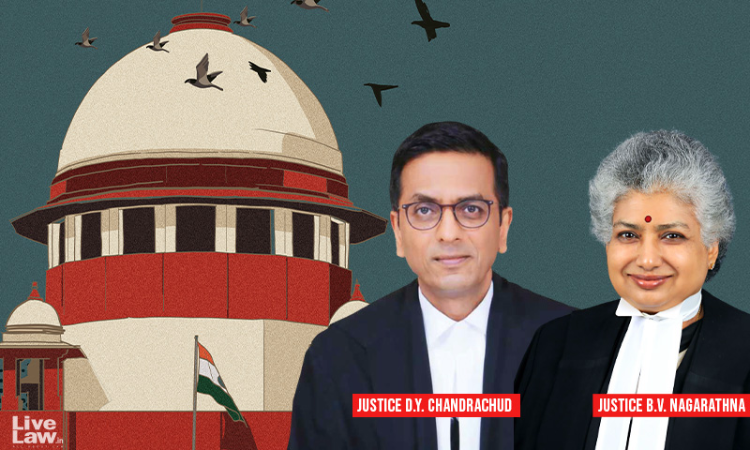Juvenile Justice Act : Age Recorded By JJ Board Or CWC Deemed To Be True Age Of Accused - Supreme Court
Srishti Ojha
21 Nov 2021 10:00 AM IST

Next Story
21 Nov 2021 10:00 AM IST
The Supreme Court has held that for the purpose of the Juvenile Justice Act 2015, the age recorded by the Juvenile Justice Board or the Child Welfare Committee of the person so brought before it will be deemed to be the true age of the person.A Bench comprising Justice DY Chandrachud and Justice BV Nagarathna has made the observation while delivering its judgement in a plea challenging...
